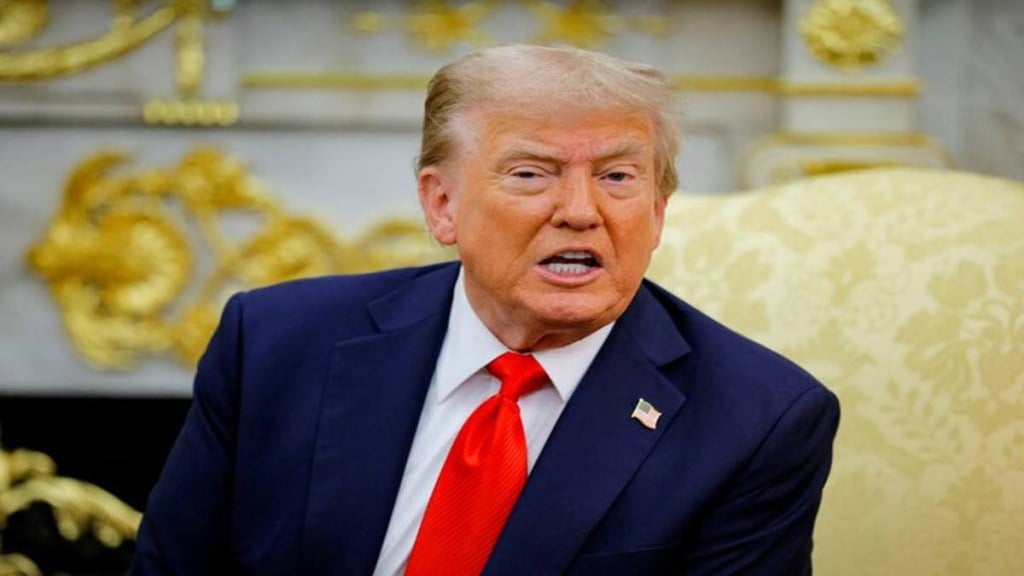United States has approved a $330 million military sale to Taiwan, making it the first such transaction since President Donald Trump’s return to the White House.
The sale, which includes parts and equipment for F-16, C-130, and Indigenous Defense Fighter (IDF) aircraft, was confirmed by Taiwan’s Foreign Ministry on Friday.
As Taiwan’s biggest arms supplier and a crucial deterrent against potential Chinese aggression, US has long supported Taiwan’s defence needs. However, Trump’s previous statements on Taiwan have sparked concerns about his commitment to defending the island, especially given Beijing’s ongoing claims over Taiwan’s sovereignty.
Beijing has repeatedly threatened to use force to bring Taiwan under its control, and Taiwan’s military remains heavily dependent on US weapons for self-defence.
The approved sale includes non-standard components, spare parts, consumables, and repair support for various Taiwanese aircraft, as outlined by the US Defense Security Cooperation Agency.
While Taiwan has developed its own defense capabilities, the island’s military would still be significantly outmatched in any conflict with China.
US is legally obligated to provide arms to Taiwan under the Taiwan Relations Act, but Washington has long maintained a policy of “strategic ambiguity” regarding direct military intervention in the event of a Chinese attack.
Taiwanese President Lai Ching-te has been working to strengthen ties with the Trump administration, with an aim to increase Taiwan’s defence spending to over 3% of GDP next year and 5% by 2030.
In addition, President Lai has vowed to boost investment in US to ease the impact of Trump’s 20% tariff on Taiwanese exports.
However, Taiwan’s plans for a special defence budget of up to NT$1 trillion (US$32 billion) face opposition in the island’s legislature.
The main opposition party, the Kuomintang (KMT), which controls the parliament, has raised concerns about Taiwan’s ability to afford such large increases in defense spending, with some KMT lawmakers calling it unsustainable.
KMT Chairperson Cheng Li-wun recently stated, “Taiwan isn’t an ATM” and warned against further escalating defense expenditures.
Beijing expressed outrage over recent comments by Japan’s hawkish Prime Minister Sanae Takaichi, who suggested that Japan could send troops to Taiwan under “collective self-defense” if Taiwan is attacked.
Beijing warned that it “will by no means tolerate” such remarks, further escalating the already tense situation.

